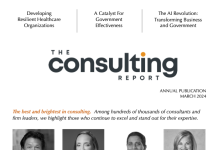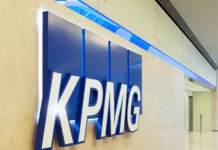In April 2021, Federal Reserve Chairman Jerome Powell described potential inflation as “transitory” in nature, assuring the American people that life would soon return to normal as society moved past the worst impacts of the COVID-19 pandemic. Since then, inflation has hit a 40-year high and consumers are continuing to feel the pain. In spite of the strong jobs report in late July and the appearance of a decline in inflation in August, McKinsey and Company’s latest Consumer Pulse research is showing that consumers' views about the economy remain pessimistic.
The study, which was conducted in July and surveyed 4,000 U.S. adults, shows that consumers are expecting additional economic turmoil, with the number of people anticipating a devastating recession more than doubling since the firm began its research in March 2020. The finding is also consistent with reports released by the University of Michigan, which has tracked consumer sentiment for seven decades, and is also reporting record-low sentiment this summer.
As prices continue to rise at the fuel pump, the grocery checkout, and everywhere in between, McKinsey’s report revealed that consumers are adjusting their shopping habits to maximize savings, focusing more on value-based buying such as bulk purchases, swapping for lower-cost store brand products, and delaying purchases until absolutely necessary. McKinsey also reports that apart from food and fuel, many consumers are reporting seeing the effects of inflation in places where it’s not occurring, while not noticing inflation in other categories. While about 75% of consumers are cynical about inflation, the data suggests that some are not holding back on their spending, especially when it comes to essentials.
The report also showed generational differences in consumer sentiment, with 75% of members of the baby boomer generation expressing concern about the economy, relative to 50% of generation Z. While older consumers have the value of experience in weathering rough economic waters, according to the survey’s findings many younger shoppers are more concerned about political and personal causes.
One positive outcome of the study is the data showing that households are increasing their savings, with households generally reporting that they hold twice the amount of cash equivalents than they did prior to the pandemic. High and medium-income consumers have continued to increase their savings as of Q1 2022.
While the economy appears to be on track to righting itself, McKinsey’s report shows a highly skeptical populace waiting for the other shoe to drop. Whether or not consumer sentiment will rebound depends on how the next several policy moves play out, and as always, the proof will be in the price tag.

























